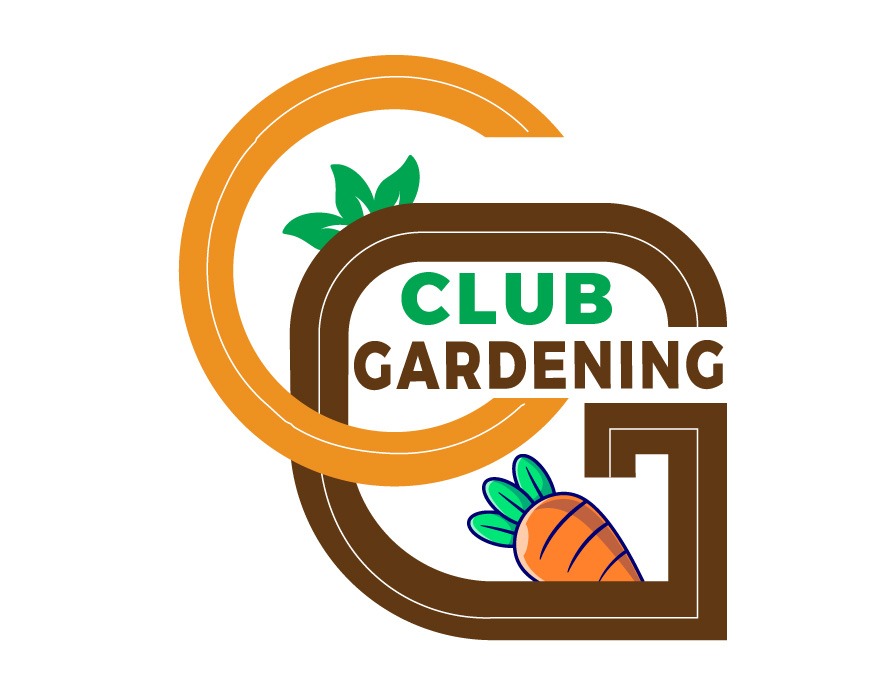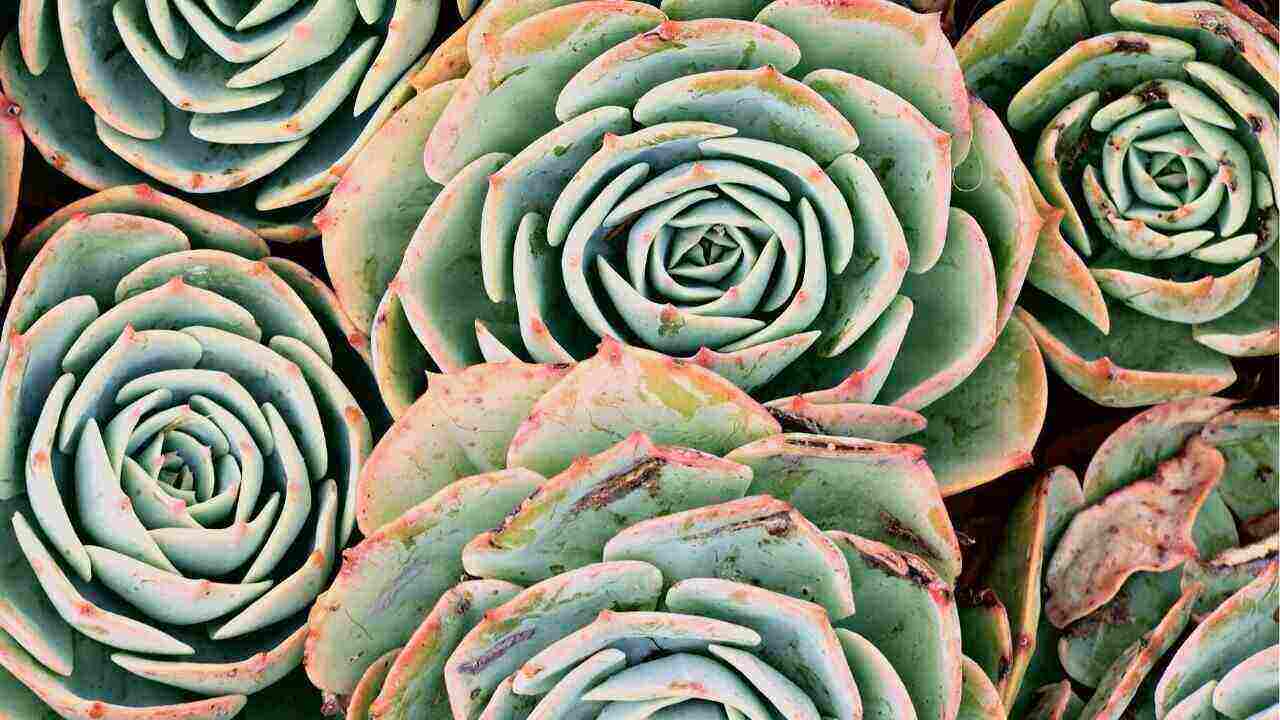You’re not alone if you’ve ever woken up to find your succulent leaves eaten. Many garden owners have found their plants eaten by pests. While it’s frustrating to find your plant eaten, it’s important to identify the culprit so you can take steps to prevent it from happening again. In this blog post, I’ll discuss how to eliminate pests that eat succulent leaves at night.
Quick Navigation
- 1 What Pest Eat Succulent Leaves At Night?
- 2 Some Common Pest That Eats Succulent Leaves
- 3 Why Do Birds Or Other Animals Eat Succulents?
- 4 How To Stop Birds And Other Animals From Eating Your Succulents?
- 5 Best Insecticide For Succulents
- 6 FAQ On What Is Eating My Succulents At Night
- 6.1 What Eats Succulent Leaves?
- 6.2 Do Rats Eat Succulents?
- 6.3 Do Birds Eat Succulents?
- 6.4 Do Slugs Eat Succulents?
- 6.5 Do Grasshoppers Eat Succulents?
- 6.6 Do Cats Eat Succulents?
- 6.7 Does Caterpillar Eat My Succulents?
- 6.8 Do Chipmunk Eat Succulents?
- 6.9 Do Possums Eat Succulents?
- 6.10 Do Raccoons Eat Succulents?
- 6.11 What Animals Eat Succulents In The Desert?
- 7 Conclusion
What Pest Eat Succulent Leaves At Night?
There are a few things that could be eating your succulents at night. One possibility is that insects are eating them. Other possible culprits include animals such as raccoons, possums, or even humans dumping trash near the plants. It’s essential to keep an eye on your plant and ensure they are not being eaten by anything that shouldn’t be there, especially at night when they may be less visible.
Some Common Pest That Eats Succulent Leaves
Many different types of pests can attack your succulent plants and cause damage. Here are some of the most common pests that eat succulent leaves:
Mealy Bugs
Mealy bugs are small, white, wingless insects that feed on plant sap. They are common in warm areas and can cause defoliation and distortion of leaves. They also can produce a sweet odor that attracts other insects. Succulents are high in water content, so they are particularly susceptible to damage from mealybugs. If you notice damage to your succulents, there is a good chance mealy bugs are eating them.
Aphids (Greenflies Or Plant Lice)
Aphids are small, soft-bodied insects that feed on plant sap. They are attracted to succulents because of the high moisture content in the plant’s tissues. Aphids can cause distorted growth, discoloration, and even death of succulents. You must monitor your succulents for aphid infestation and take preventative measures if you find them infested.
Spider Mites
Many things can eat succulents at night, but the most common culprit is spider mites. Spider mites are small, wingless creatures that feed on plant sap. They can cause leaves to droop and flowers to wilt, so you have to take action if you see them attacking your succulents. You can use a commercial product to kill spider mites or use natural methods like vinegar solution or boiling water.
Fungus Gnats
Fungus gnats are small insects that feed on succulents. They are tiny, and you can’t see them without a microscope. However, their larvae eat the succulent roots from the plant. If you have succulents in your garden and notice them disappearing overnight, fungus gnats on succulents are likely to blame. You can try to use a chemical insecticide to kill the gnats, or you can try to trap them using a jar or tube of water with some plants inside.
Caterpillar
Caterpillars are a type of insect that feed on plants. They have a head, thorax, and six legs. They have a pair of chewing mandibles on the front of their head, and they use these to eat the leaves of plants. Some types of caterpillars will eat succulents.
Many different types of caterpillars can eat succulents. Still, the most common ones are the Emerald Ash Borer, an invasive species from Asia that has been eating American ash trees for years, and the Mediterranean Fruit Moth, a native to Europe. Still, they have been invading North America in recent years.
If you see caterpillars feeding on your succulents, there is not much you can do to stop them other than protect your plants. You can pick the plants off or use a pesticide to kill them.
Snails and slugs
Snails and slugs are attracted to succulents because of their moisture content. Succulents store water in their leaves, which makes them a good food source for these pests. Snails and slugs will often congregate on the leaves of succulents and can cause extensive damage if not controlled.
Why Do Birds Or Other Animals Eat Succulents?
There are many different reasons why animals might eat succulents. Some of the reasons include:
- A succulent’s high water content can appeal to birds, who need water to survive.
- Succulents can also provide a quick and easy source of nutrition for hunting or scavenging animals. They are high in moisture and nutrients, making them ideal for arid or desert climates.
- This plant can help keep the soil moist, attracting other animals in that area. For example, Succulents can be a food source for bats, which are important for controlling insect populations.
- Succulents have a high concentration of water-soluble vitamins and minerals, making them a valuable food source for animals that need these nutrients.
- Some animals eat succulents because they are aesthetically pleasing or taste good.
How To Stop Birds And Other Animals From Eating Your Succulents?
If you have succulents, you know they are birds and other animals. If you’re concerned about your succulents being eaten by animals, there are a few things that you can do to try to prevent this from happening. One way to stop birds and other animals from eating your succulents is to make sure they are well-lit.
You can also install bird netting or scare devices around your succulent plants. Additionally, ensure that the plants are in areas where they are unlikely to be disturbed or where too many people will not see them. Finally, keep an eye on your succulents and ensure that animals are not eating them.
Cover Your Succulents With A Layer Of Soil Or Gravel.
Covering your succulents with a layer of soil or gravel will help to keep them safe from nighttime pests. Succulents are high in water content and can be easily damaged if they get too wet. Gravel will also help keep the soil evenly moist, which is important for succulents that prefer dry conditions.
When it comes to succulents, you should know a few things. First and foremost, succulents are very sensitive to changes in soil pH levels. For this reason, you should cover your succulents with a layer of soil or gravel when not in use. This will help maintain the proper pH level and protect your plants from potential damage.
Additionally, ensure you water your succulents regularly – especially during dry periods – as they are prone to root rot if not properly hydrated.
Place Bird Feeders Near Your Succulents.
Keeping your succulents healthy and thriving can be tough, but you can do a few things to help. One of the biggest challenges is keeping them away from pests like aphids and scale, which can eat their leaves and roots.
Another issue is birds. While most birds are friendly, some species can be destructive regarding succulents. If you have bird feeders near your plants, make sure the feed is high in fat and not your succulents. Finally, ensure your plants are well-lit so they don’t get too much sun exposure at night, which can also cause damage.
Install Scarecrows Nearby To Keep Birds Away.
Succulents are a popular choice for gardeners because they require little maintenance but can be susceptible to predators. Install scarecrows nearby to keep birds away. Birds are attracted to succulent plants, thinking they are a good food source, and peck at them until they die. Scarecrows will make it difficult for the birds to find succulent plants. They will eventually move on to other prey.
Make Sure Your Succulents Are Well-Lit At Night.
It would be best if you kept a few things in mind when it comes to succulents:
- Make sure your succulents are well-lit at night. This will help ensure the plants receive the proper light and nutrients needed to grow and thrive.
- Ensure your succulents are kept out of direct sunlight to not overheat in the afternoon sun.
- Water your succulents regularly to stay healthy and hydrated day and night.
Bite Marks On Succulents
It’s not always easy to tell what’s eating your succulents, but you can do a few things to help identify the culprit:
- Look for bite marks on the plants. This indicates that something lurks around at night and attacks the succulents.
- Relocating your succulent collection to a more ventilated area may see wilted or dead plants.
- If all else fails and your succulents are still struggling after these tips, It would be the best time to call in the experts!
Best Insecticide For Succulents
A few different types of insecticides can be used to control succulents. The most common succulent insecticide is pyrethrum, derived from the chrysanthemum flower. Pyrethrum is a contact killer and will only kill insects that come in contact with it.
However, because insects do not typically eat succulents, pyrethrum may not be an effective control agent against them. Insecticides classified as systemic killers kill pests inside the plant and those directly contacting the pesticide.
Examples of systemic killers include neonicotinoids and carbamates. Because succulent plants do not typically contact pests, these insecticides may be more effective at controlling them than pyrethrum. Insecticides that are not systemic killers, such as pyrethrum, will only kill the pest on contact.
FAQ On What Is Eating My Succulents At Night
What Eats Succulent Leaves?
One common plant problem is what eats succulent leaves at night. There are many possibilities, but the most common culprits are small insects or spiders. If you notice your succulent leaves disappear overnight, you need to look around and identify the potential problem.
Small insects or spiders can eat succulent leaves from the bottom up, so it’s important to watch out for critters. You can also trap pests with a sticky trap or dust them off with a vacuum cleaner before damaging your succulents.
If you can’t identify the problem, consulting with a professional gardener might be helpful. They can help you determine which type of plant pest is eating your succulents and give you some tips on controlling them.
Do Rats Eat Succulents?
There are a few things that you should know about rats and succulents. Rats are omnivores and eat just about anything, so succulents may not be the only thing they eat at night. Additionally, rats can spread diseases through their droppings, so it’s important to keep your succulents safe from them by Keeping them out of reach and away from any openings that could allow rodents access.
Do Birds Eat Succulents?
There are a few things that you should know about birds and succulents. First, birds are natural predators and scavengers. This means they often eat things other animals would not or could not, like insects or small animals.
Second, succulents grow in arid environments where water is scarce. Because of this, some birds may see succulents as an easy meal. Research has shown that birds often eat succulents even if they’re not hungry.
Overall, it’s important to know what your bird is eating and keep your succulents safe from predation.
Do Slugs Eat Succulents?
You should know several things if you have succulents eaten at night.
First, it’s important to remember that slugs and snails can eat many different things, so determining your succulents is not always easy.
Slugs and snails are the most common culprits for succulent eating in the evening. Slugs will feed on the leaves and stems of succulents, while snails will feed on the roots.
Do Grasshoppers Eat Succulents?
Some people believe that grasshoppers eat succulents as part of their diet. A study in the Journal of Insect Science found that while most grasshoppers do not eat succulents, a small minority does. The study also found that they prefer high water content when grasshoppers consume succulents.
Do Cats Eat Succulents?
Cats typically do not eat succulents, but there is always a chance that a cat might nibble on one if it is hungry. If succulents are being eaten at night, it is likely because a pet or child is chewing on them. Succulents can be damaged by excessive chewing and should not be eaten if this is the case.
Does Caterpillar Eat My Succulents?
Caterpillars are a type of insect that eats leaves. Some caterpillars eat succulents, but it is unknown if they specifically eat succulents. If you see caterpillars on your succulents, it is best to check the plant daily to ensure they are not eating any leaves. If you find caterpillars on your succulents, you can try removing them or spraying the plant with a water hose to deter them from eating them.
Do Chipmunk Eat Succulents?
Chipmunks can be a problem for succulents because they can chew through the bark and roots of the plants. If you see chipmunks eating your succulents, it is best to remove them from the area or cover them with a rock or piece of wood not to access the plants.
Do Possums Eat Succulents?
A few different things could be eating your succulents at night. One possibility is a possum. Possums are small, agile mammals that can easily eat plants and succulents. They prefer to eat smaller plants and succulents, so if you have any missing or damaged, you may consider adding some predator guards to deter them.
Do Raccoons Eat Succulents?
There are a few possibilities as to what may be eating your succulents at night. One possibility is that a raccoon is eating them. Raccoons are opportunistic eaters and will eat anything they can get their hands on. Suppose your succulents are located in an area frequented by raccoons. In that case, they may be stealing or preying on them.
What Animals Eat Succulents In The Desert?
There are a few animals that eat succulents in the desert. The most common culprit is the rodent. Rodents love to eat succulents because they contain a high amount of water. Other animals that may eat succulents include lizards, birds, and coyotes.
Conclusion
Some people believe succulents are eaten at night by something minor, like a small rodent or an insect. Others think a bird or a small animal is nibbling on the leaves. Whatever is eating the succulents at night, it’s not doing any serious damage. The plants will recover in due time. Suppose you’re concerned about your succulent’s safety. In that case, you can try to keep an eye out for any strange behavior or changes in the plant’s appearance, but in the meantime, don’t worry – they’ll be just fine.

My name is Md Deloar Hossain and I’m the creator of Club Gardening, designed for all your gardening ideas, gardening product reviews, and a place to help you find the best gardening experience possible.


